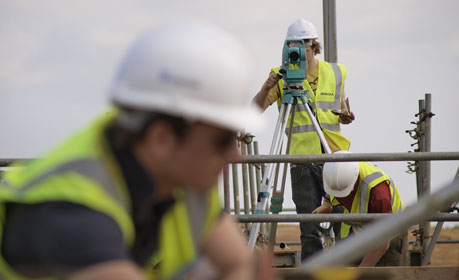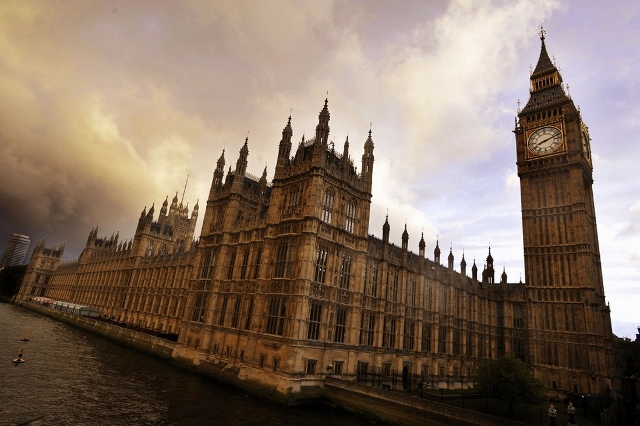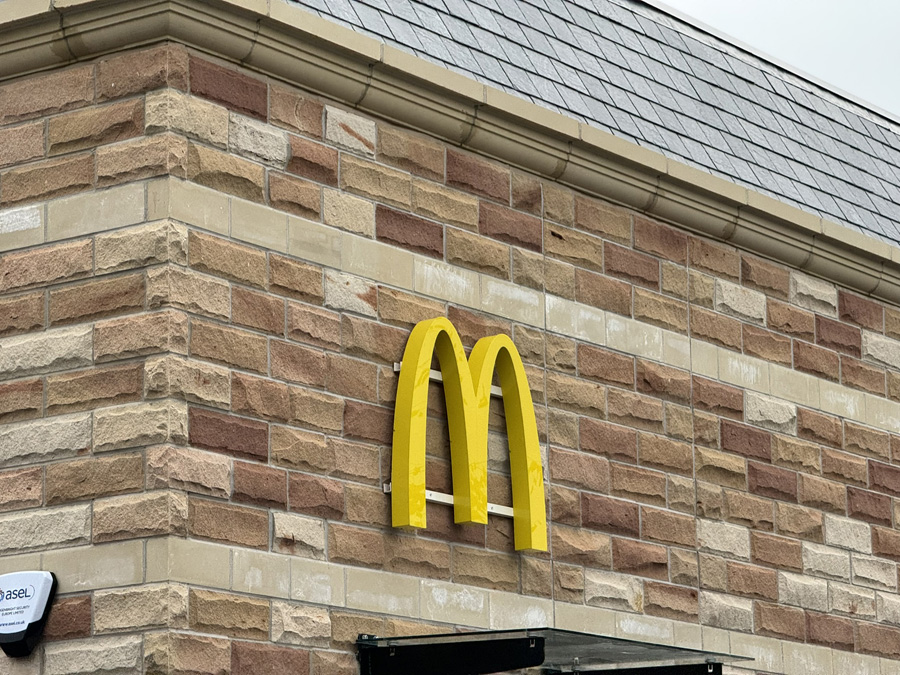The start of 2020 saw the performance of the UK manufacturing sector steady following the downturn experienced through much of last year.
Reduced levels of political uncertainty following the general election led to mild recoveries in new orders and business confidence and a stabilisation of production volumes.
Overseas demand remained a constraint, however, as new export orders fell for the third straight month. The seasonally adjusted IHS Markit/CIPS Purchasing Managers’ Index (PMI) rose to a nine-month high of 50.0 in January, identical to its no-change mark and above December's reading of 47.5. The PMI last posted a reading above its neutral 50.0 level in April 2019.
Output rose in the consumer and intermediate goods sectors, as manufacturers in these industries scaled up production in response to improved inflows of new business. In contrast, the downturn in the investment goods sector continued, with output and new work intakes declining sharply (albeit to lesser extents than before the turn of the year).

The trend in new export business continued to weigh on the UK manufacturing sector in January. Companies cited weak economic growth in key markets – especially within Europe – as the main factor underlying the latest decline in new export orders. Signs of stabilisation in the manufacturing sector at the start of 2020 filtered through to trends in hiring and business confidence.
The level of employment was broadly unchanged during January, halting a nine-month sequence of job losses. Optimism improved to an eight-month high, with 47% of manufacturers forecasting that output would expand over the year ahead. Improved confidence reflected reduced political uncertainty, higher demand, an expected recovery in export volumes and planned new product launches.
However, optimism remained low compared to the historical standards of the survey, in part due to ongoing uncertainty at some firms about the impact of Brexit on their businesses.
January saw inventories of purchases decline at the fastest pace since May 2013. Companies linked this to a combination of reducing Brexit safety stocks, efforts to improve cash flow, intentional inventory depletion strategies and lower levels of purchasing. Input buying volumes fell for the third successive month. Stocks of finished goods rose (albeit marginally) for the first time in three months.
Average input costs increased for the second month running in January. Although the rate of inflation was the fastest since last August, it was still modest compared to its long-run survey average. Higher costs were linked to market forces, exchange rate volatility, supplier price increases and rising energy and raw material costs. Part of the increase was passed on in the form of higher output charges, which rose for the forty-fifth straight month in January.
Rob Dobson, Director at IHS Markit, which compiles the survey: “The start of 2020 saw the performance of the UK manufacturing sector stabilise, as receding levels of political uncertainty following the general election aided mild recoveries in new order intakes, employment and business confidence.
“A strengthened domestic market was the main source of new business. Overseas demand remained disappointing, however, as new export business fell for the third straight month in response to weak economic growth in key markets, notably European.
"Improvements were mostly seen via rising consumer demand and renewed input buying by businesses, suggesting that the reduction in uncertainty following the election has encouraged households and businesses to step up spending.
“In contrast, an ongoing downturn at investment goods producers suggests that the economic certainty required to achieve a full revival in capital spending may still be some way off, likely reflecting lingering uncertainty about the Brexit road-map in the coming year.”

Duncan Brock, Group Director at the Chartered Institute of Procurement & Supply, described how the muted start to the year saw the sector crawl towards equilibrium and the no-change mark, and the losses from the end of 2019 were recouped on the crest of a gentle domestic wave.
“Whilst exports fell for the third month in a row, it was home-grown orders that provided the fuel for manufacturing to move out of contraction territory as businesses returned to a little more normality,” he added. “However though some firms unravelled existing stocks and purchased small levels of materials to see them through the next few months, there was no indication of a large-scale return to spending.
“The investment goods sector remained in decline as uncertainty still maintained a stranglehold on long-term decisions.
“With a small uplift in employment levels and optimism at an eight-month high, this is certainly better news than we’ve had in a while. Hopefully the momentum will now build in spite of potential obstacles and the sector pulls itself up by its bootstraps into growth next month as the UK negotiates its position with the EU.”
Seamus Nevin, Chief Economist at Make UK, the manufacturers’
organisation, said: "The UK manufacturing sector emerged
from its longest decline since the 2008 Global Financial Crisis last month, as
December’s election result reduced levels of political uncertainty and an
improved domestic demand saw a small improvement in new orders and a
stabilisation of production volumes.
“Business confidence, however,
remains fragile and concerns about our future trade rules mean export orders
are still falling. This is the main cause for concern so all eyes will be on
the nature and quality of any trade deals secured over the next 11
months."





















